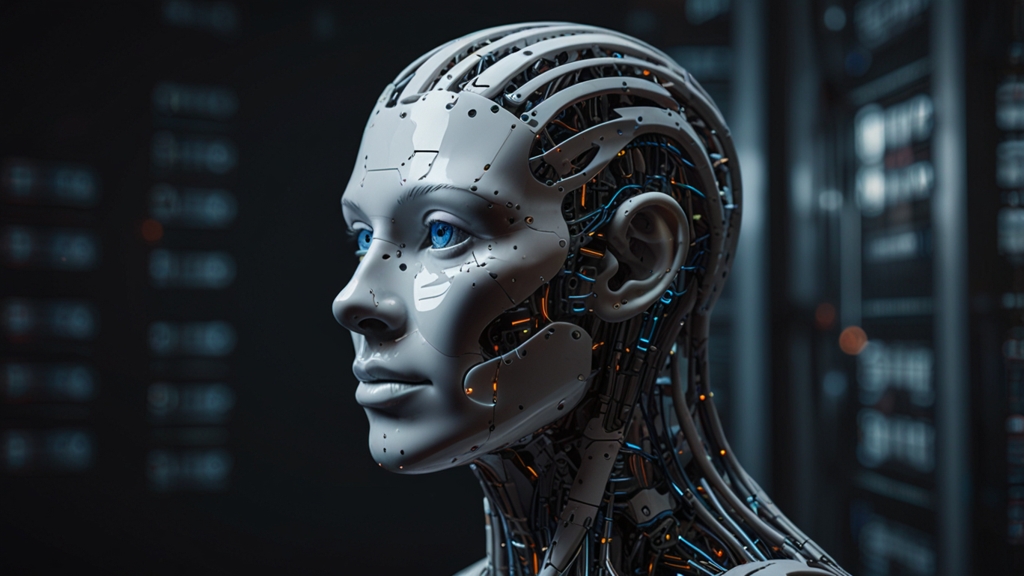The Future of Automation: How Python Is Leading the Way
Automation has become more than just a buzzword in recent years; it has revolutionized numerous industries and continues to evolve at a rapid pace. Among the various programming languages driving this change, Python stands out as a leader. Its simplicity, versatility, and a vast library of tools make it the go-to choice for developers working on automation projects. This article explores how Python is shaping the future of automation and why it remains at the forefront of this transformative technology.
Why Python for Automation?
Python's dominance in the world of automation can be attributed to several key features:
- Simplicity and Readability: Python’s syntax is clear and concise, making it accessible to both novices and experts. This simplicity allows for quicker development and easier maintenance of automated scripts.
- Extensive Libraries: Python boasts a plethora of libraries such as PyAutoGUI, Selenium, and BeautifulSoup that cater specifically to automation needs. These libraries simplify the automation of repetitive tasks, web scraping, and test automation, among other things.
- Cross-Platform Compatibility: Python runs seamlessly on various operating systems, including Windows, macOS, and Linux. This flexibility ensures that automation scripts written in Python can be deployed across different environments without much modification.
Use Cases of Python in Automation
Python's applicability in automation spans across various domains. Here are some prominent use cases:
Test Automation
Automated testing is crucial for delivering robust software systems. Python, with its powerful libraries like unittest, pytest, and Robot Framework, enables developers to create comprehensive test suites that can run automatically, ensuring code reliability and efficiency.
"The ease of writing and maintaining test scripts using Python has significantly reduced our development cycles and improved product quality." – John Doe, Senior Software Engineer
Web Scraping and Data Extraction
In the era of Big Data, extracting relevant information from websites efficiently is invaluable. Python's BeautifulSoup and Scrapy libraries make web scraping straightforward, allowing businesses to gather and analyze data effortlessly.
"Python's web scraping tools have empowered our data analytics team to gather critical market insights with minimal effort." – Jane Smith, Data Scientist
Task Automation
Routine tasks such as file handling, email processing, and even interfacing with APIs can be automated using Python. Libraries like pywin32 and modules like smtplib facilitate the automation of these administrative tasks, freeing up valuable time for employees to focus on more strategic initiatives.
The Road Ahead
As we look towards the future, the role of Python in automation is likely to expand. With advancements in artificial intelligence (AI) and machine learning (ML), Python’s significance will only grow, given its extensive use in these fields. Emerging technologies such as robotic process automation (RPA) are already leveraging Python to create more intelligent and adaptive robotic systems.
Moreover, Python's active and passionate community continues to develop and refine tools, making the language even more potent for automation tasks. The future of automation will undoubtedly see Python playing a pivotal role, driving innovations, and simplifying complexities across various industries.
"Python's growing ecosystem and community support assure us that it will remain at the heart of our automation strategies for years to come." – Alex Johnson, CTO
Conclusion
In summary, Python has cemented its position as a pivotal tool in the world of automation. Its ease of use, rich set of libraries, and versatility make it indispensable for developers aiming to streamline processes and enhance productivity. As technological horizons continue to expand, Python stands ready to lead the way in making automation more accessible, efficient, and innovative.
The future of automation is bright, and with Python at the helm, it's bound to be transformative.











